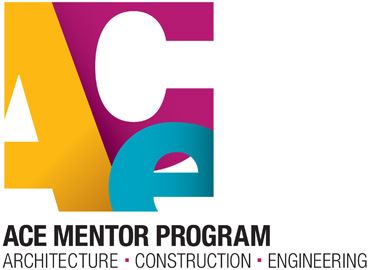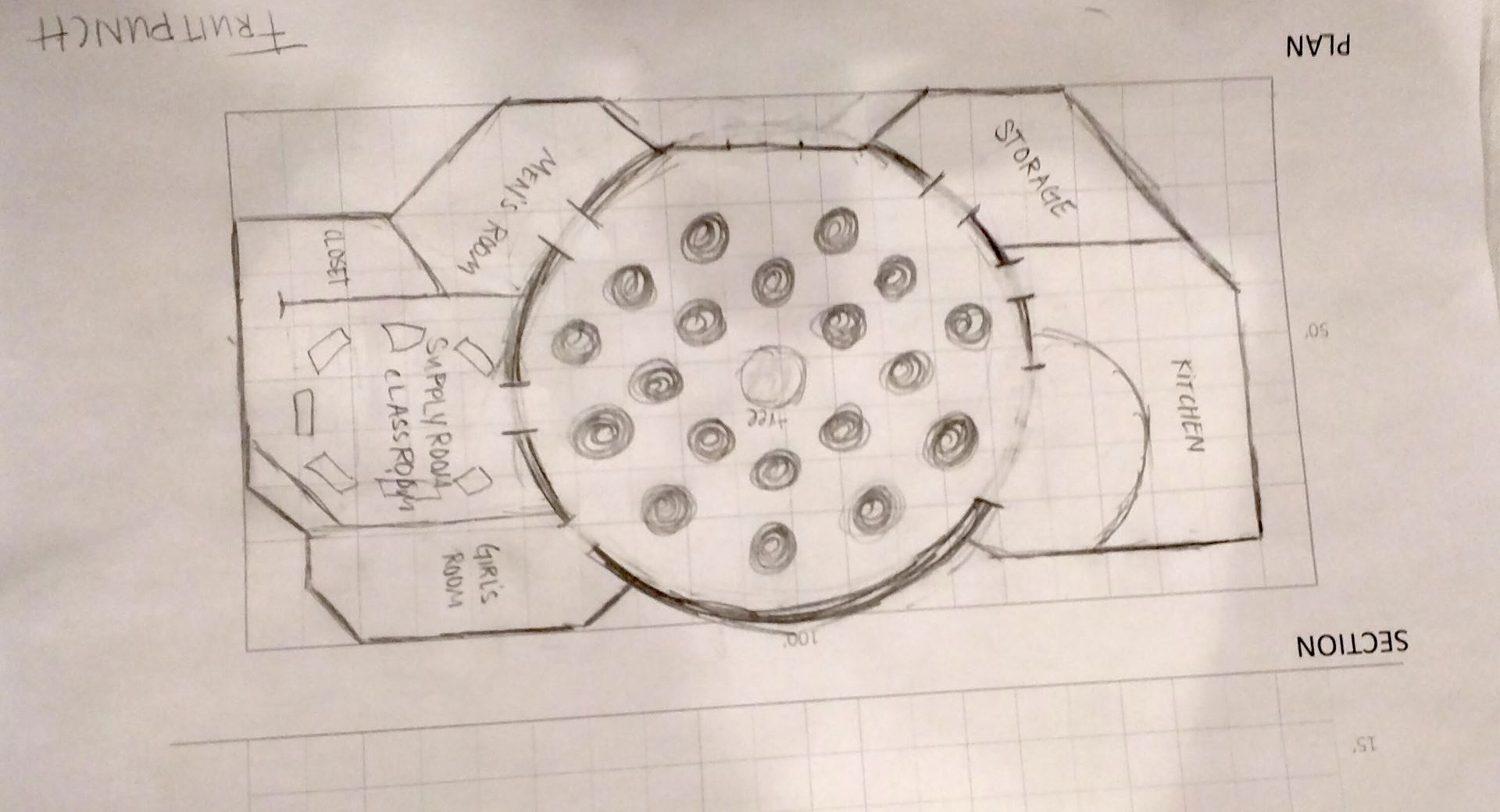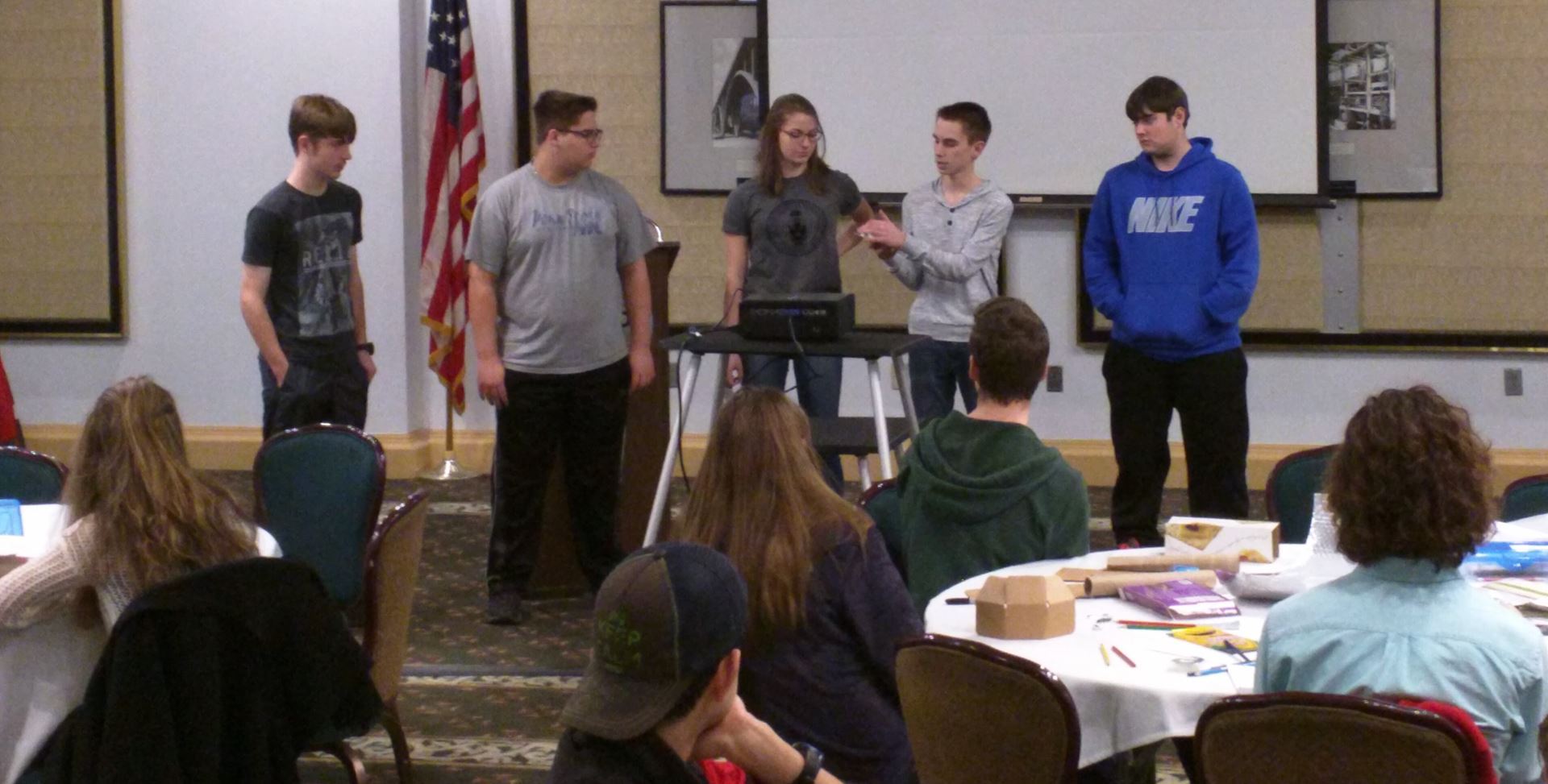By Nicolle Piper and Jonathan Shimko
 The Western Pennsylvania ACE Mentoring program kicked off in early October again this year. About 40 high school students from over 10 area schools are participating. This year's project is to create a summer camp in the hills of Western Pennsylvania
The Western Pennsylvania ACE Mentoring program kicked off in early October again this year. About 40 high school students from over 10 area schools are participating. This year's project is to create a summer camp in the hills of Western Pennsylvania
The focus this year will be on sustainability. Each team must design their camp to be as environmentally friendly as possible – design considerations include structures arrangement on the site, types of materials used, types of natural resources harvested, and a respect for the surroundings. Each session will not only introduce new Architecture, Construction, and Engineering disciplines, but also incorporate sustainable initiatives. While the overall camp layout and central facilities will be designed as a group, each student is required to design their own cabin within the camp.
The first session of the year was held at Boy Scouts of America Camp Guyasuta in Sharpsburg where the team project was introduced to the students. During the session, the students got to learn more about the LEED Silver rated McGinnis Education Center from Gary Moshier, the architect of the building. They also got to tour the camp grounds. As a team activity, each group designed their own camp flags.
 In the site and project planning session, the students prepared preliminary site layout plans. The session began with a presentation on project planning from an architectural perspective and then transitioned to describe the coordination required between engineers and architects to plan an effective site layout.
In the site and project planning session, the students prepared preliminary site layout plans. The session began with a presentation on project planning from an architectural perspective and then transitioned to describe the coordination required between engineers and architects to plan an effective site layout.
ASCE Pittsburgh Section Younger Member Forum (YMF) members served as presenters. After the presentation, the students met with their groups and were provided with architectural building blocks and a site background plan. The building blocks consisted of rectangles drawn to-scale that represented the footprints of the five required buildings and the minimum six required cabins.
The site background plan provided contours and existing features including a stream, wetland, and road. Using an ordinance as a guideline, the groups began to plan the layout of the buildings and the site features that would comprise each of their camps.
 Mentors offered guidance during the session, but each group created unique and creative camps, with the plan to update the site layout during the Civil Engineering session on November 18, 2015. The session wrapped up with every group taking a few minutes to present their site layouts.
Mentors offered guidance during the session, but each group created unique and creative camps, with the plan to update the site layout during the Civil Engineering session on November 18, 2015. The session wrapped up with every group taking a few minutes to present their site layouts.
The ACE Mentoring Program continued on November 4, 2015 at the Chatham University’s Eden Hall Campus in Gibsonia, Pennsylvania for a session on Water Resource Engineering, hosted by the ASCE Pittsburgh Section Environmental & Water Resources Institute (EWRI). Students learned about the Eden Hall Campus’s sustainable design and operational considerations, as well as, stormwater issues that engineers consider when building in or near potential floodplains.
 The session began with a tour of the Campus. Kelly Henderson, Sustainability Education Coordinator for the Faulk School of Sustainability at Chatham University, provided the walking tour that included many innovative technologies and design elements that are employed at the campus, such as:
The session began with a tour of the Campus. Kelly Henderson, Sustainability Education Coordinator for the Faulk School of Sustainability at Chatham University, provided the walking tour that included many innovative technologies and design elements that are employed at the campus, such as:
- Sustainable agricultural
- Stormwater management
- Irrigation
- Water reuse and recycle
- Energy facilities
After the tour students returned for a presentation and activity prepared by Jonathan Shimko who represented EWRI and Tetra Tech, Inc., that provided insight to methods used to calculate stormwater runoff and peak stream flows. The goal of the exercise was for the students to calculate the potential floodplain associated with their camp designs. The student were given a real set of data to develop a calculation to provide for a more sound and comprehensive design for their camps.
The ACE mentoring program is an opportunity for students to learn about various ACE disciplines before picking a college program. A majority of the participants enroll in Architecture or Engineering undergrad programs. ACE is well respected by various college admissions personnel and offers some significant scholarships at the end of the year.
Our appreciation to Chatham University and Tetra Tech, Inc., for providing support for this session.
